
Looking Outside of Cog-Sci
Research outside of cognitive science tends to support findings in cognitive science, not contradict them.


Tradition!
Imitation—as the term is used in the literature—is not mindless parroting or mimicry.

Overtly Intentional Communication
Ostensive communication plays an especially pivotal role in the pervasiveness of human culture.

Social Institutions and Behavioral Change
Educational progress relies less directly on inexorable technological advance and more on social institutions and behavioral change.

Minds Are Like Parachutes
Why not start with an effective instructional orientation and tweak it rather than doubling down on ineffective pedagogy?

Facts Stimulate Reasoning
Words serve as tools to emphasize particular ways of thinking that were already available.
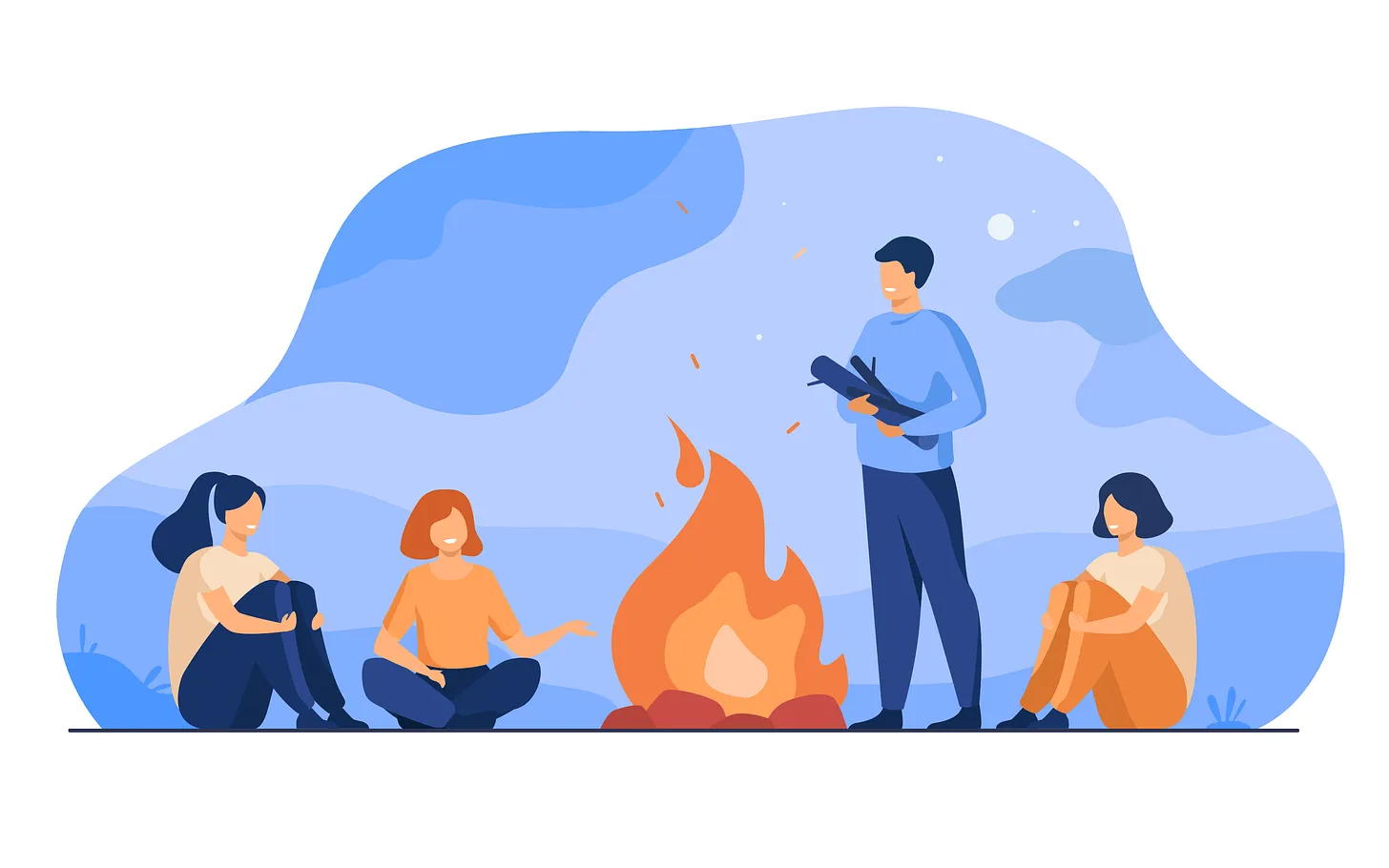
Most of What We Know
Most of what we know is a result of social transmissions from our superiors in status and knowledge.

The 'Natural Aesthetic' of Teaching
Natural, hardwired dispositions of the brain are replaced by private formats that have to be worked at to be discovered and appreciated.

I Before We . . . Weird
Child-centered, developmental education can easily lead to self-centered adulthood.
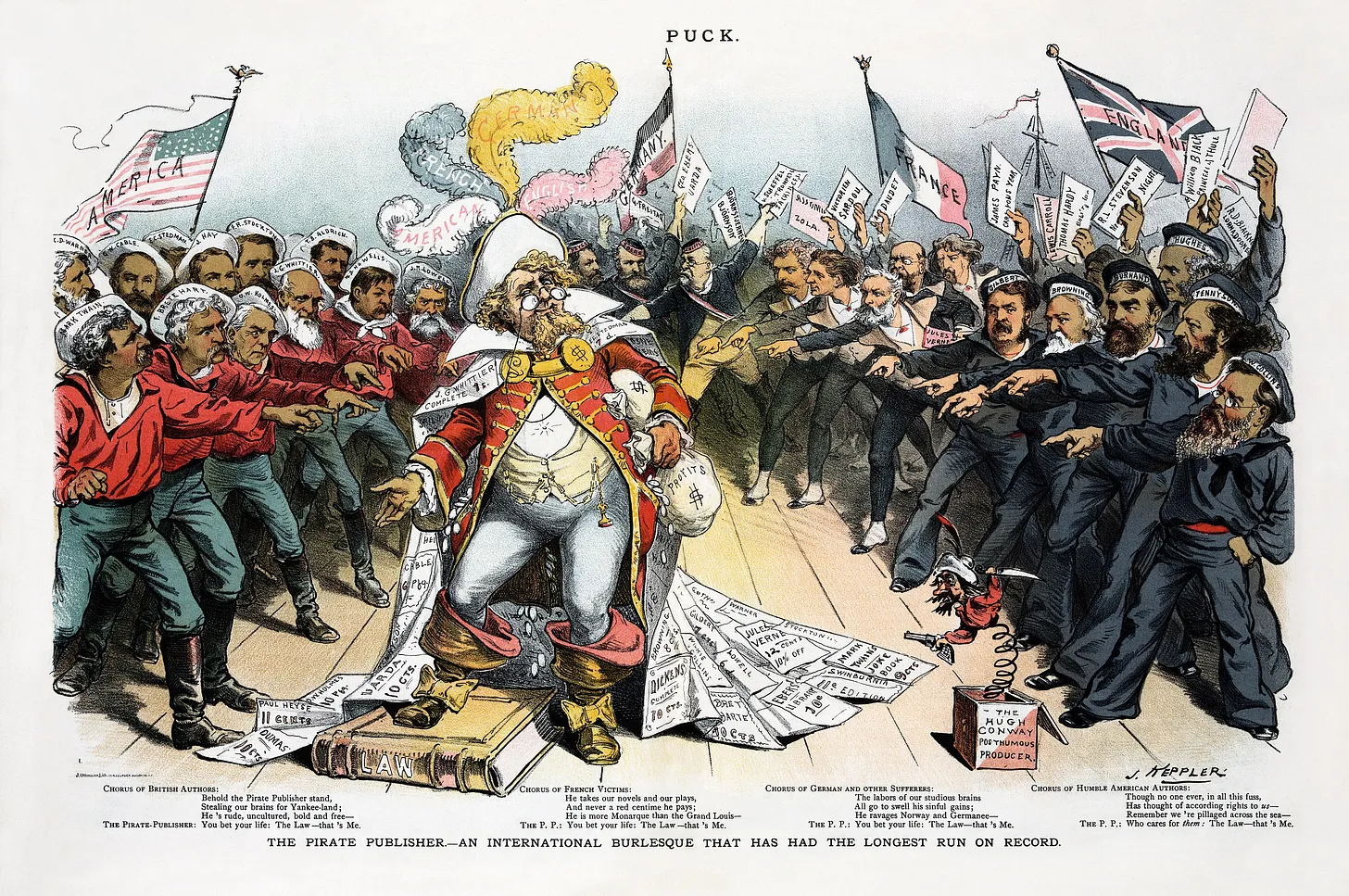
Knowledge Is Neither King Nor Priest
The Founders' resistance was not to book learning, but to the unearned authority of priestly dogma.

Can You Tell Me How to Get to Central Square?
Effective communication requires the speaker to take into account the knowledge and perspective of the listener.

But We Like Repetition!
Repetition is a powerful and often underacknowledged aesthetic operative.

Disgusted by Repetition
The only people who understood or admired this kind of music were other musicians.
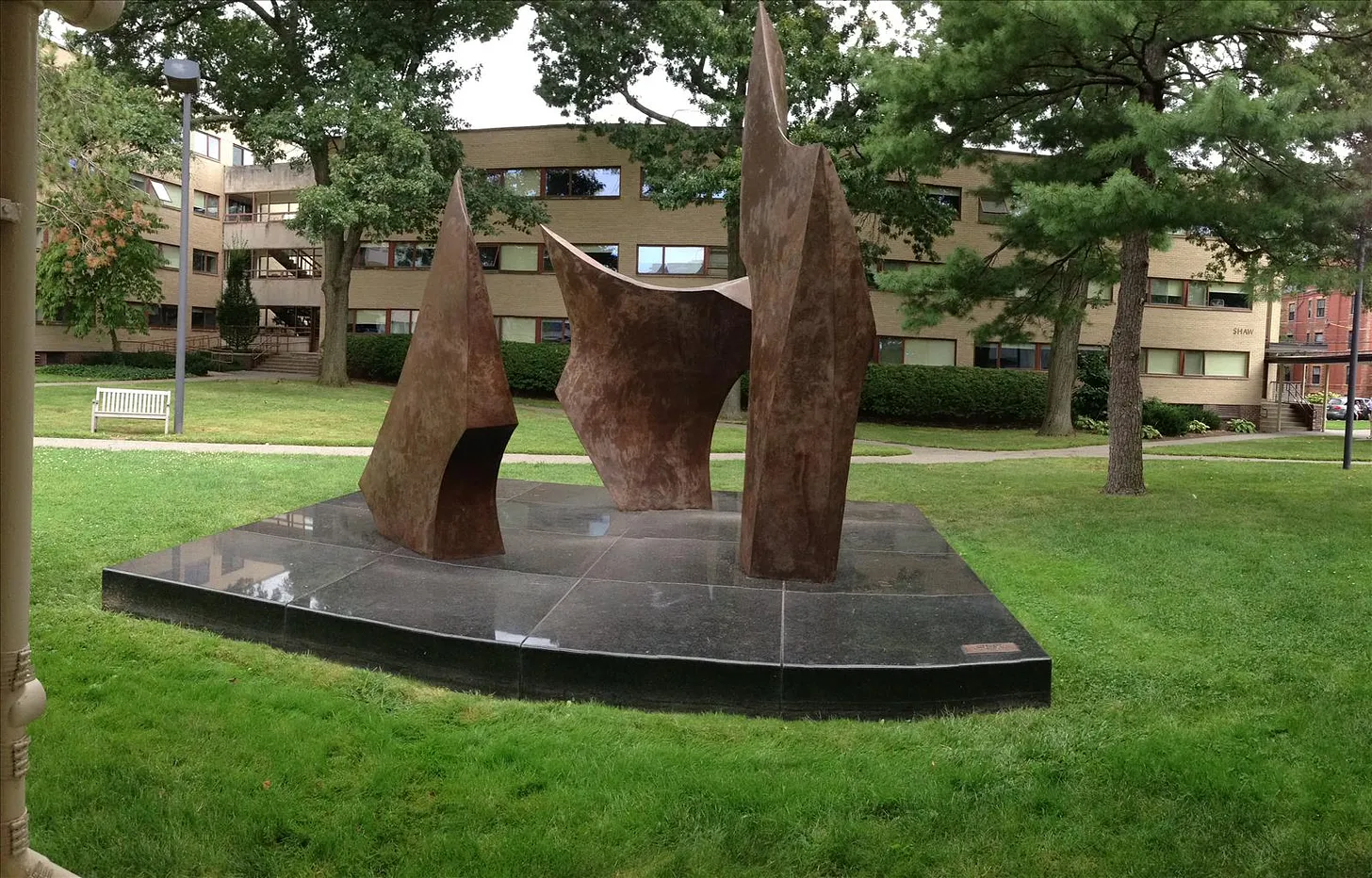
The Delight of Knowing
Telling people about the meaning was a delightful experience for both sender and receiver.
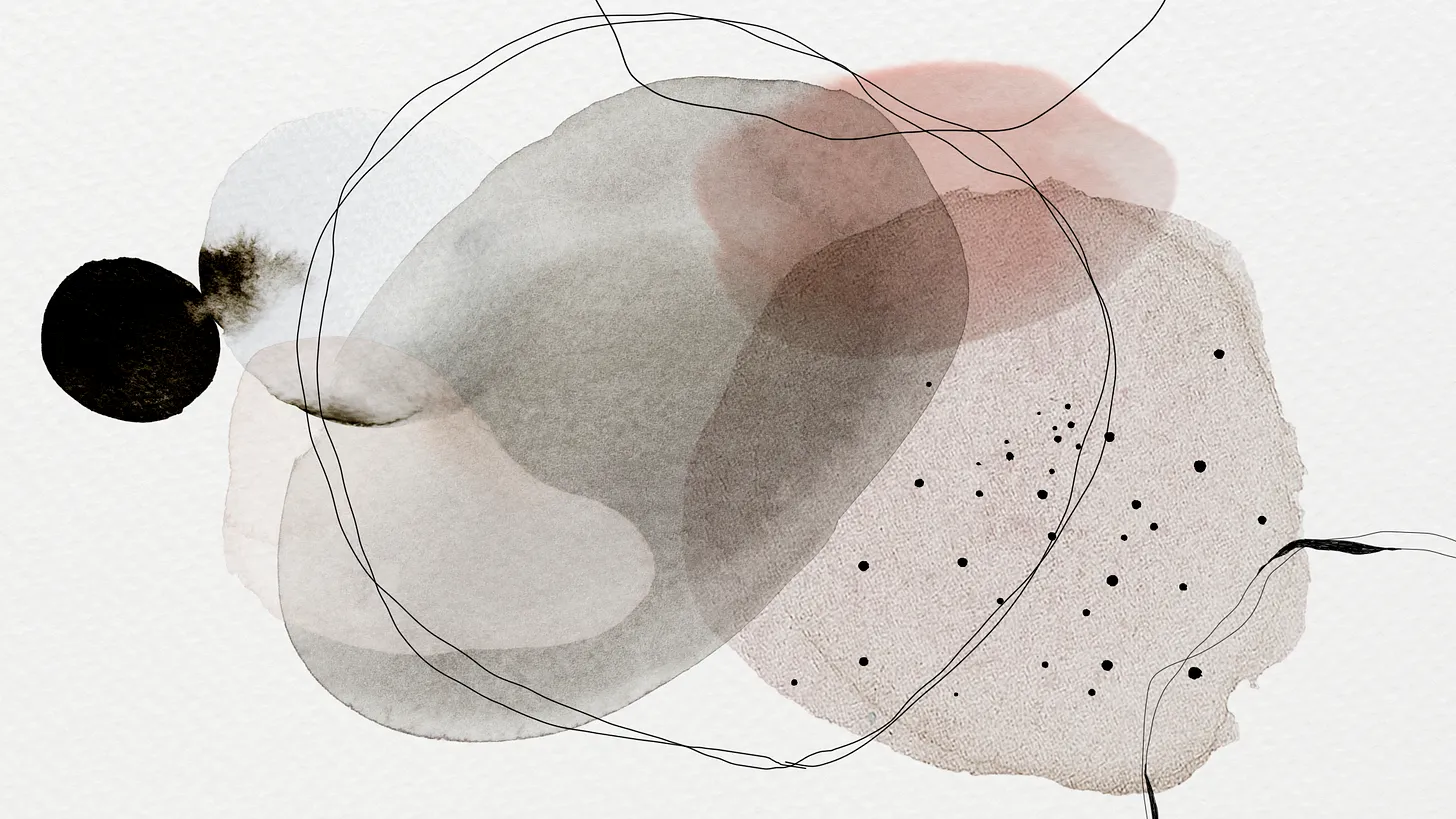
Guess What's in My Head
As for the audience, if you find it, or something you can relate to yourself, why then, more power to you.

Memory, Instead of a View
Prehistoric sites such as Stonehenge may represent memory spaces, constructed to contain the knowledge of the tribe.
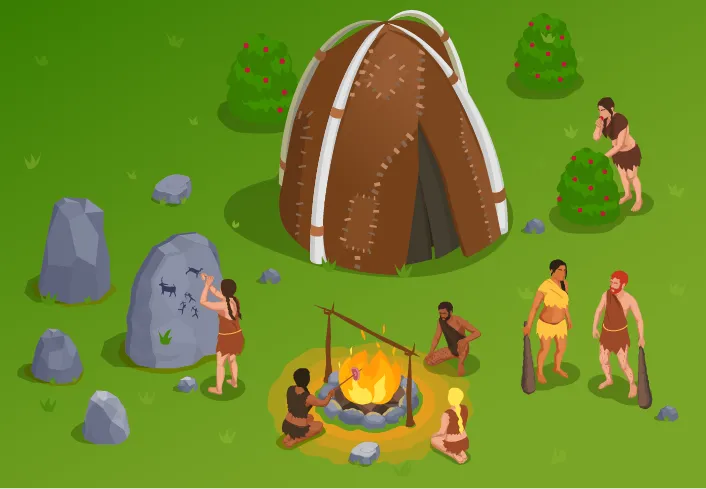
Stone-Age Brains
Capacity limits are a critical feature of a system designed to generate predictions about the future.

Romanticizing Learning
Knowledge is not just handed on around the campfire or out on the daily gather and hunt, apparently with no need to actually work at learning.

The Musician's Muscle Memory
Get the basics in place without error, and then you can add all the glorious creativity and interpretation.
